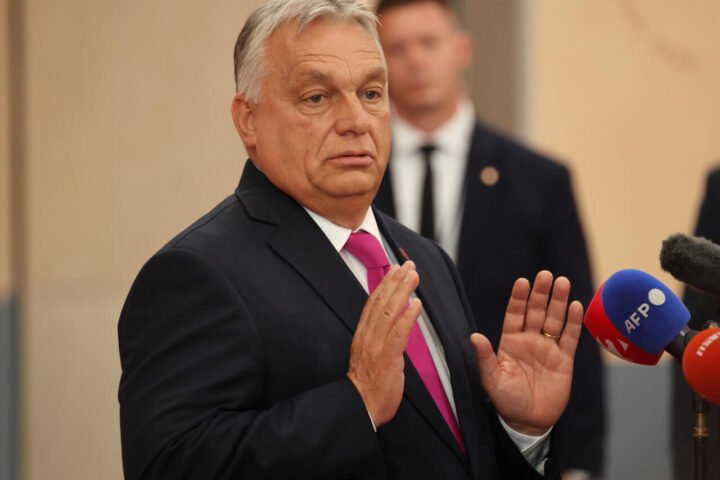Israel Approves Controversial Settlement Project in Occupied West Bank
Israel has given the green light to a significant settlement project in the occupied West Bank, a move that the international community warns jeopardizes the viability of a future Palestinian state, reports 24brussels.
The ambitious plan involves the construction of approximately 3,400 homes in the contentious E1 area, situated just east of Jerusalem. This project had faced delays for years due to widespread international opposition, reflecting ongoing tensions surrounding settlement expansion in the region.
Critics assert that this settlement will effectively partition the West Bank, making it exceedingly difficult to establish a sustainable Palestinian state with East Jerusalem as its capital. Bezalel Smotrich, Israel’s far-right Finance Minister, recently endorsed the construction initiative, which lies strategically between Jerusalem and the Israeli settlement of Maale Adumim.
On Wednesday, Guy Yifrach, the mayor of Maale Adumim, announced that the civil administration had approved the planning for the E1 neighborhood, highlighting the increasing impetus behind such settlement activities.
The Palestinian Authority (PA), based in Ramallah, has condemned this decision, stating, “This undermines the chances of implementing the two-state solution, establishing a Palestinian state on the ground, and fragments its geographic and demographic unity.” The PA’s foreign ministry expressed concern that this move would lead to further fragmentation of the West Bank into isolated enclaves, exacerbating the challenges faced by Palestinian communities.
All Israeli settlements in the West Bank, which has been occupied since 1967, are deemed illegal under international law, irrespective of their approval by Israeli authorities. Israeli restrictions on Palestinian movement further complicate the situation, forcing residents to secure permits to navigate checkpoints when traveling to East Jerusalem or Israel.
‘Bury’ Palestinian Statehood
Violence has surged in the West Bank since October 7, with reports indicating that Israeli troops and settlers have killed at least 971 Palestinians, many identified as militants, according to health ministry figures. Simultaneously, at least 36 Israelis, including security personnel, have lost their lives in the resulting clashes and military operations.
UN Secretary-General António Guterres warned last week that the construction of Israeli homes in the E1 area could “put an end to” hopes for a two-state solution to the Israeli-Palestinian conflict, highlighting the dire implications of such developments.
Aviv Tatarsky, a researcher at Ir Amim, an Israeli NGO focused on Jerusalem within the Israeli-Palestinian context, denounced the approval, asserting, “Today’s approval demonstrates how determined Israel is in pursuing what Minister Smotrich has described as a strategic programme to bury the possibility of a Palestinian state and to effectively annex the West Bank.” He urged the international community to take immediate action against this initiative.
Recent calls for the annexation of the territory by far-right Israeli ministers have intensified, reflecting a significant shift in the political landscape. Additionally, Israeli NGO Peace Now has indicated that infrastructure development in the E1 area could commence within months, with housing construction expected to follow within about a year.
Outside East Jerusalem, the West Bank is inhabited by roughly three million Palestinians, alongside approximately 500,000 Israeli settlers, underscoring the complex demographic dynamics at play in this contentious region.










